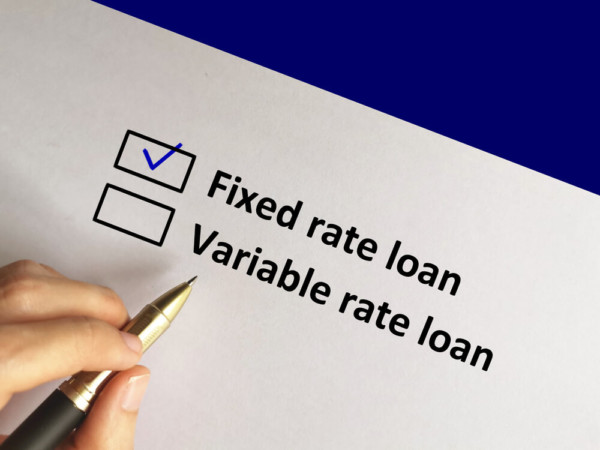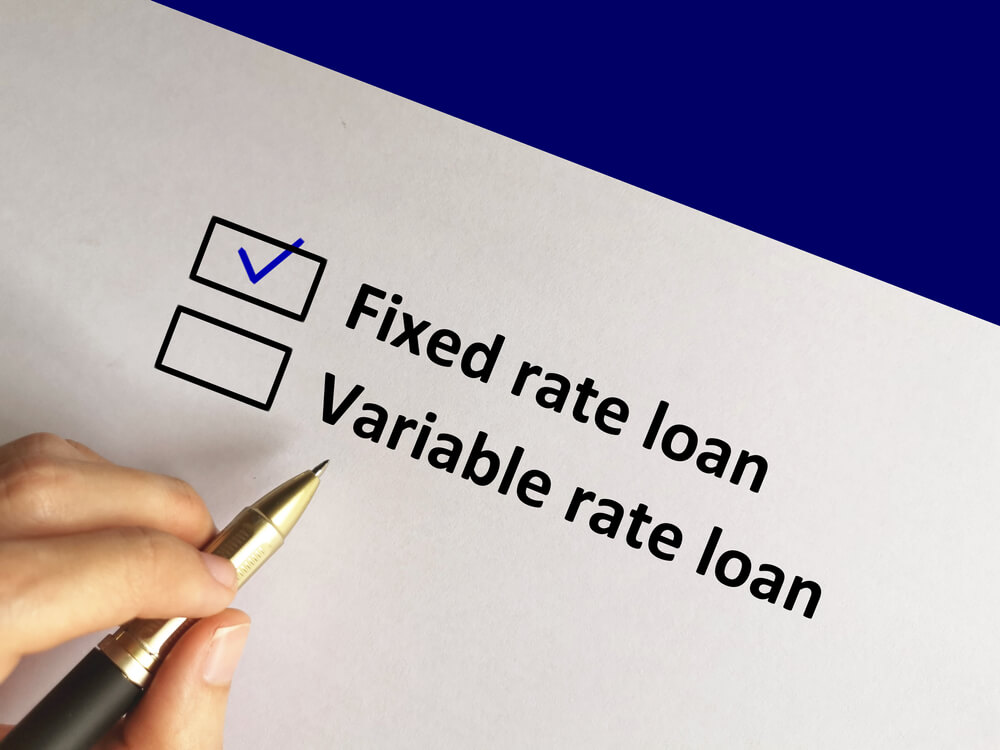Your home may be repossessed if you do not keep up repayments on your mortgage.
Can I move house if I’m tied into a fixed rate?
If you are looking to move house, it makes sense to wait until you have come to the end of your fixed rate. There are usually hefty penalties to pay that can range from 1% to 5%, if you repay your mortgage before the end of the fixed rate.
Most mortgages are portable, which means you can pick it up and take it with you to the next property, but this can be complicated, as we’ll discuss below.
By waiting until the end of the fixed-rate, we can review the whole of the market and get you the best possible mortgage.
It isn’t always possible to wait until the end of the fixed-rate though.
You may be looking at interest rates rising, property prices rising, gas and electricity bills rising and realise that it makes sense to move now while you can afford to, rather than in 2 or 3 years’ time when you might be priced out.
 The first thing we will do is have an “off the record” conversation with your mortgage provider and make sure that they are happy for you to port your mortgage to a new property. Although most lenders are happy for you to do this, some of them will want you to deal directly with them, rather than go through a mortgage broker.
The first thing we will do is have an “off the record” conversation with your mortgage provider and make sure that they are happy for you to port your mortgage to a new property. Although most lenders are happy for you to do this, some of them will want you to deal directly with them, rather than go through a mortgage broker.
We will go through an affordability calculator with you and make sure that it is still affordable for you to take the mortgage with you. Although the lender is happy for you to take the mortgage with you, they will need to underwrite you again. If you’ve recently changed from being employed to self-employed, this might mean that you need to have two years of accounts before they can use your income.
If you are going through this process the chances are that you are climbing up the property ladder. This means you are likely to borrow more than you currently have outstanding. Your current lender will generally only allow you to move the same amount of money across at the same rate. What I mean is, if you have a £150,000 mortgage at 1.5% and you want to move house and borrow £200,000, the additional £50,000 will likely be on a different product.
If the original 1.5% was a 5 year fixed rate and has 2 years remaining, it might make sense to borrow the additional £50,000 on a 2 year fixed rate, so the two parts of the new mortgage end at similar times.
What happens if you are downsizing and need to repay part of the mortgage? If you’re lucky enough to be in a house that’s too big and you want to sell up and buy something more comfortable, it might be a case that you need to repay part of the mortgage. We’ll go through with you and make sure that you’re taking the ideal amount so that you are not paying too much of a penalty. It might be cheaper to pay back less of the mortgage, have a smaller penalty and pay slightly more per month on the mortgage compared with repaying as much as possible, having a large penalty and then a slightly smaller mortgage payment.
We can also look at whether it makes sense to rent your property out and release equity to use as a deposit on the new property. This may provide you with a secondary income and your existing property will (hopefully) continue to rise in value which you can sell in the future at a larger profit. Just be aware of the extra stamp duty that you might have to pay in this instance.
If you bought your home in just your name, but you want to move and buy with your partner, this is also something that we can consider. We can then use both of your incomes which will allow you to borrow more.
Next Steps
If you are looking to borrow as much as possible the best thing to do is to book in an appointment and we can run you through your options.
Do give us a call on 0117 332 5197. Our initial conversations usually last around 15 minutes.
Alternatively, you can email enquiry@lloydwellsmortgages.co.uk and let us know how we can help you.
We will discuss:
- How much you can borrow
- What that will cost
- What fees can you expect
- How Lloyd Wells Mortgages work
- What insurances you will need
- What documentation you will need to provide
- Next steps
Your home may be repossessed if you do not keep up repayments on your mortgage.

